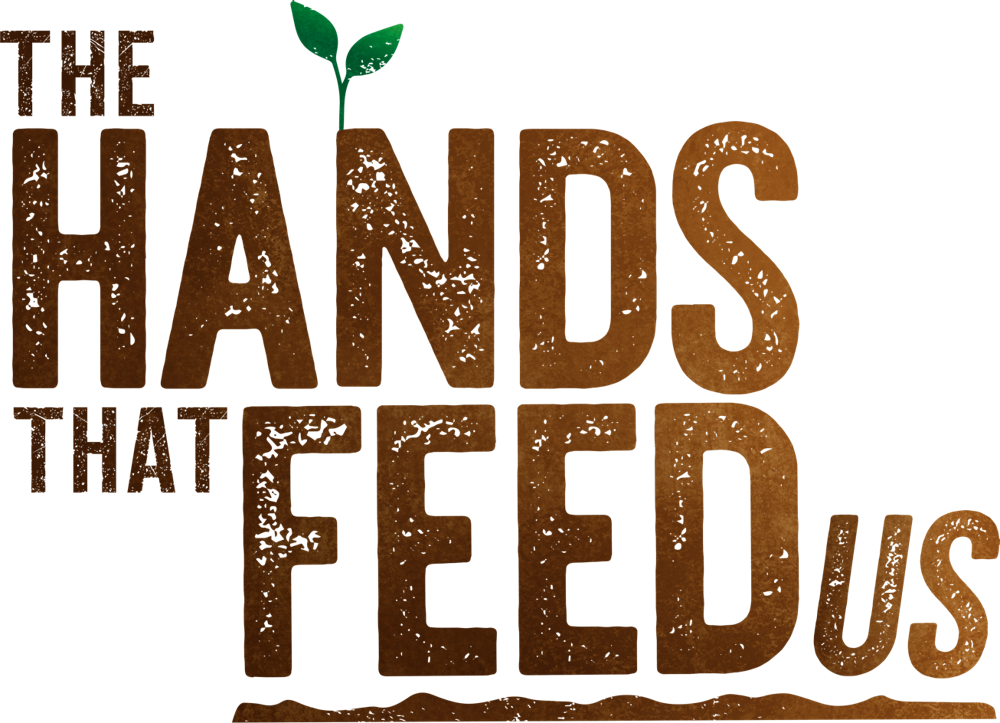What would it look like to live in a world where farmers didn’t struggle to make a living? How would it be different from our world right now? This gets right to the heart of why The Hands that Feed Us matters: Canadian farmers struggle financially because the business environment they exist in is not a healthy one.
Which begs the question: What does a healthy business environment for farmers look like? I found the beginnings of an answer talking to Eden Yesh about his work at the BC Community Impact Investment Coalition. Eden works in community development — which involves making loans to farmers (and other businesses).
One of the Coalition’s goals is to make it possible for people in B.C. to eat locally produced food — something that is surprisingly difficult, despite there being no shortage of farmers in the province. Why? Because ordinary people don’t buy food directly from farmers. They go to the supermarket. And the supermarket (let’s say Eden’s local No Frills in Invermere) is owned by Loblaws, headquartered in Toronto, and gets the majority of its products through Loblaws’ national distribution system, most likely from Calgary. In other words, in order for farmers to access the markets where most people buy their food, they have to do business in a food system that is national in scale.
This pattern holds true for almost every business relationship a farmer has. Our farmers are caught between a small number of gigantic companies that dominate everything a farmer buys and sells. Farmers pay too much for their seed and fertilizer and sell their food for too little because they are too small to negotiate a fair price from these companies. And all too often, there is simply no one else to do business with.
And this is where I found insight in what Eden does: Because organizations like his have a mandate to create local community economic development, they do not just invest in farmers. They may also invest in grain mills and juicers, independent grocers and farm-to-table restaurants: all the other businesses that make up a local economy, without which a farmer would have no choice to deal with the national giants. In other words, organizations like the Coalition nurture a healthy business environment in their local economies.
What makes it healthy? The key, I think, is in the word “environment”. A healthy environment is an ecosystem. It is diverse, with many interdependent species that grow and compete with each other. There are predators and parasites, but no one species can dominate. If they do, that is a sign that the environment has become unhealthy. When a predator becomes dominant, they inevitably wipe out their food source — and then starve themselves.
It’s easy to see how this analogy applies to the business of farming. Right now, the business environment for farming contains a few dominant companies, which are slowly killing off their food source — farmers — by not paying them enough to maintain viable farm businesses.
What we want instead is a business ecosystem. We want a multitude of food businesses — seed growers, fertilizer companies, food processors, and distributors — all growing side-by-side in healthy competition, with no one company dominating and crowding out the others. In such an environment, we can imagine that farmers would do better, because they would be more able to negotiate with companies that are smaller in size and power, and more able to switch to a competitor if they get mistreated.
Farmers are experts in building ecosystems, so in order to figure out how to build a healthier business ecosystem, perhaps it makes sense to think like a farmer. A good farmer knows that one solution to a pest problem is to introduce a predator to keep it under control. So, what is the natural predator of a multinational conglomerate? Government regulators armed with anti-trust law come to mind.
Of course, a good farmer also knows that a farmer armed with a rifle is another effective pest solution. So, maybe we should be careful how far we carry this analogy or we’ll have a full-scale revolution on our hands…
